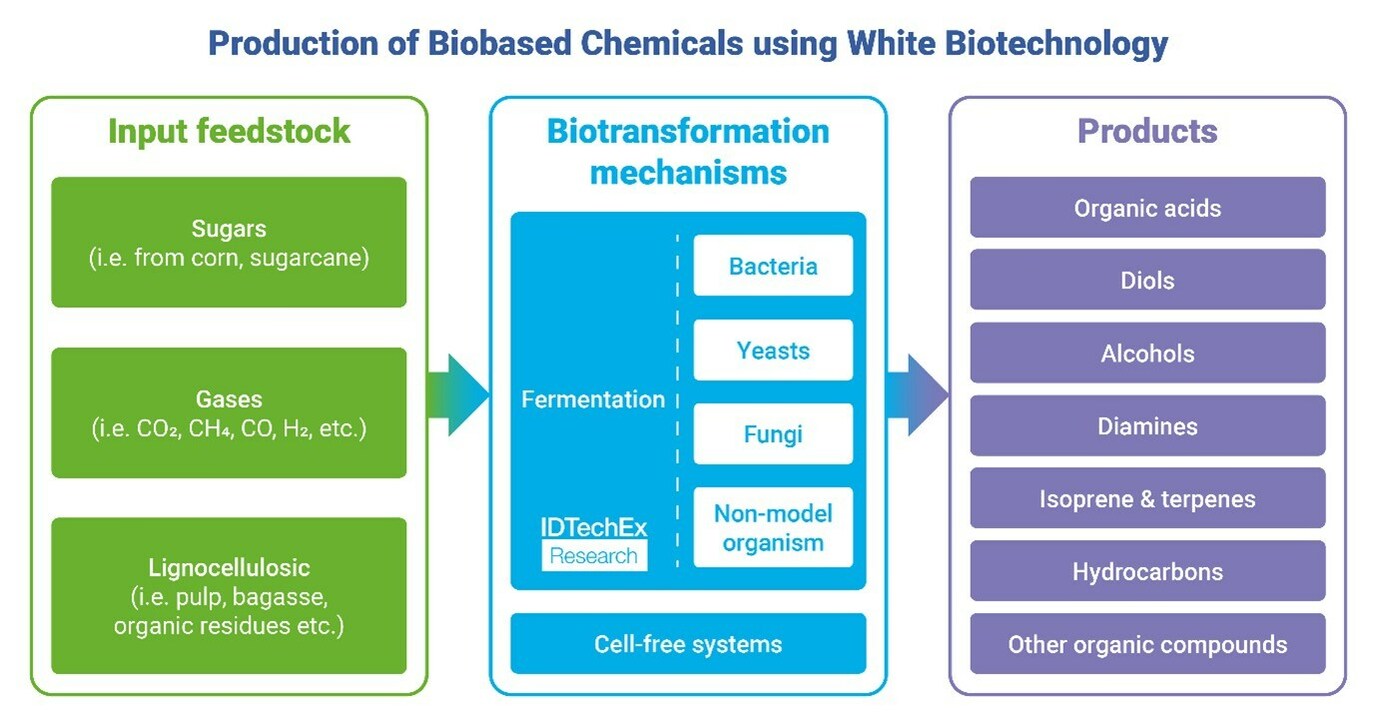


Polyurethane chemistry plays a vital role in enabling a sustainable, energy-efficient, and climate-neutral future. The American Chemistry Council highlights the unique qualities of polyurethane products and their applications in various sectors [b73bdd06].
Polyurethane foam and adhesives are widely used in buildings and vehicles to reduce energy usage and carbon emissions. Spray polyurethane foam (SPF) acts as insulation, air sealing, and moisture barrier, contributing to energy cost savings and improved air quality. It is also utilized in wind blades and solar panels, enhancing their strength and energy efficiency. The versatility of polyurethane foam contributes to resilient infrastructure, energy-efficient buildings, and sustainable communities [b73bdd06].
In the transportation sector, polyurethane materials are essential for vehicle components. They provide comfort, durability, and lightweighting, which contribute to fuel efficiency and the transition to electric vehicles. Polyurethane is also used in electric vehicle batteries to reduce weight and isolate shock and vibration. These advancements in polyurethane technology support the development of sustainable and energy-efficient transportation solutions [b73bdd06].
The role of sustainable polymers in advancing the circular economy is another critical aspect. An article on StreetInsider.com emphasizes the importance of the circular economy in achieving net zero emissions. It highlights the collaboration between the United Nations and various stakeholders to regulate plastic pollution through the UN Plastics Treaty. The circular economy aims to reuse and recycle materials to minimize environmental impact [076a8315].
Additionally, IDTechEx discusses the technology trends driving sustainable polymers for a circular economy. The article explores innovations in biobased feedstocks and the application of sustainable polymers in high-demand sectors like packaging. It also highlights the potential of white biotechnology for industrial biomanufacturing and the challenges and opportunities of chemical recycling. The market potential for sustainable polymers and the growing momentum behind the plastic circular economy are emphasized [bf268e17].
Polyurethane products, along with sustainable polymers, are playing a crucial role in advancing sustainability, energy efficiency, and the circular economy. These innovations and collaborations are essential in achieving a climate-neutral future and addressing the challenges of plastic pollution and carbon emissions.